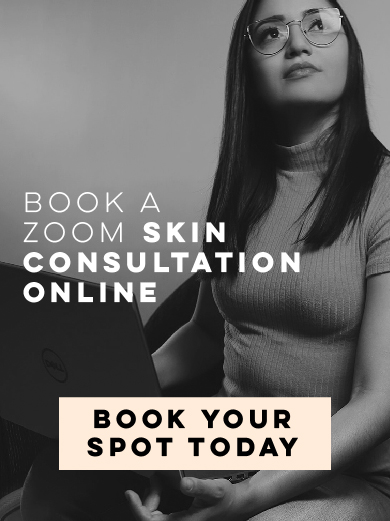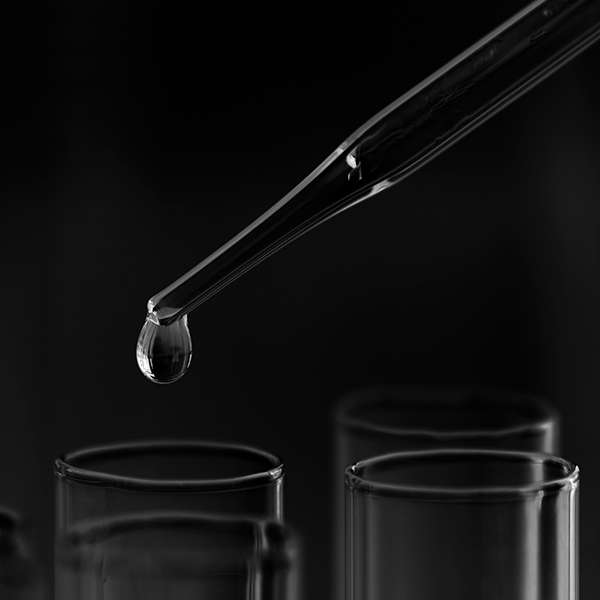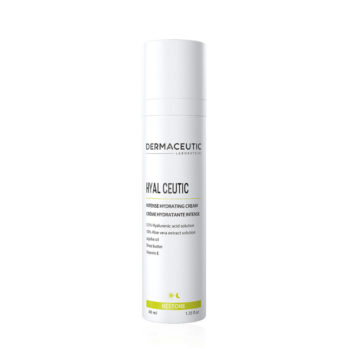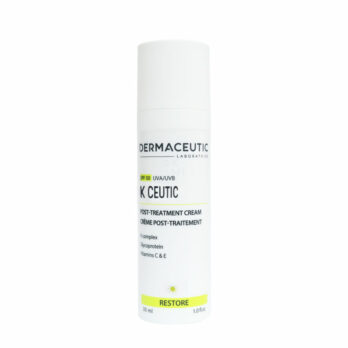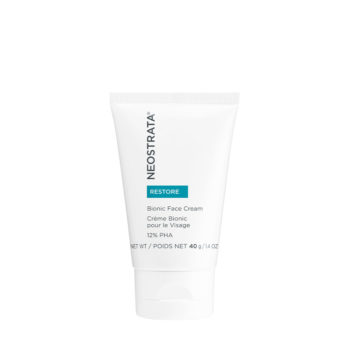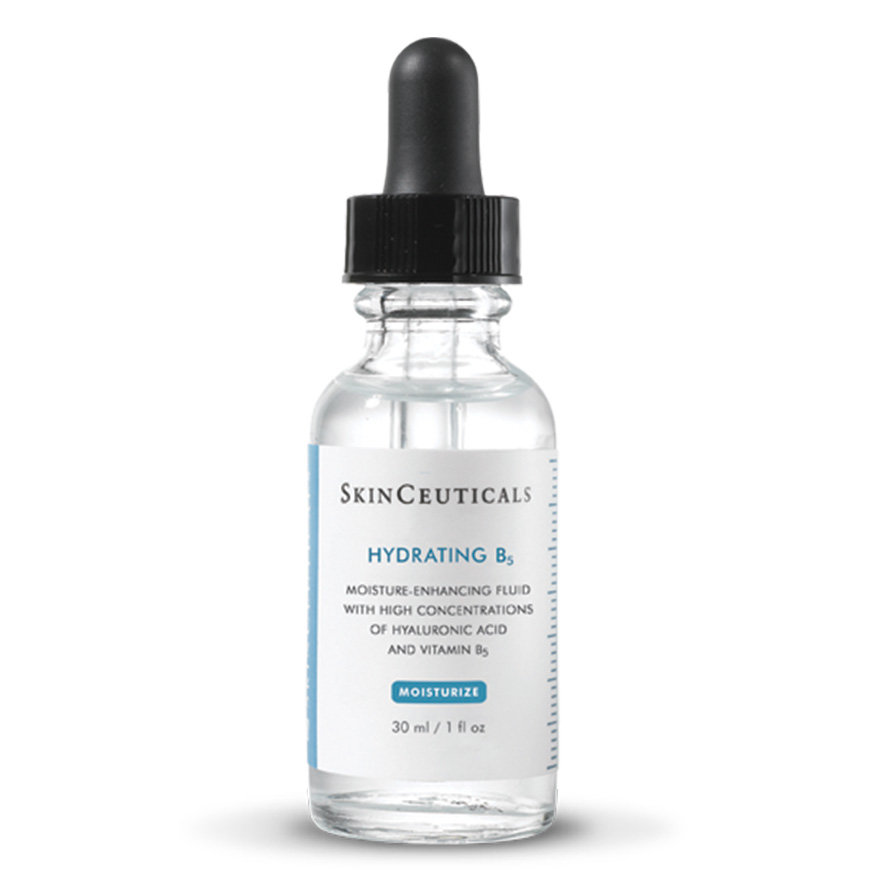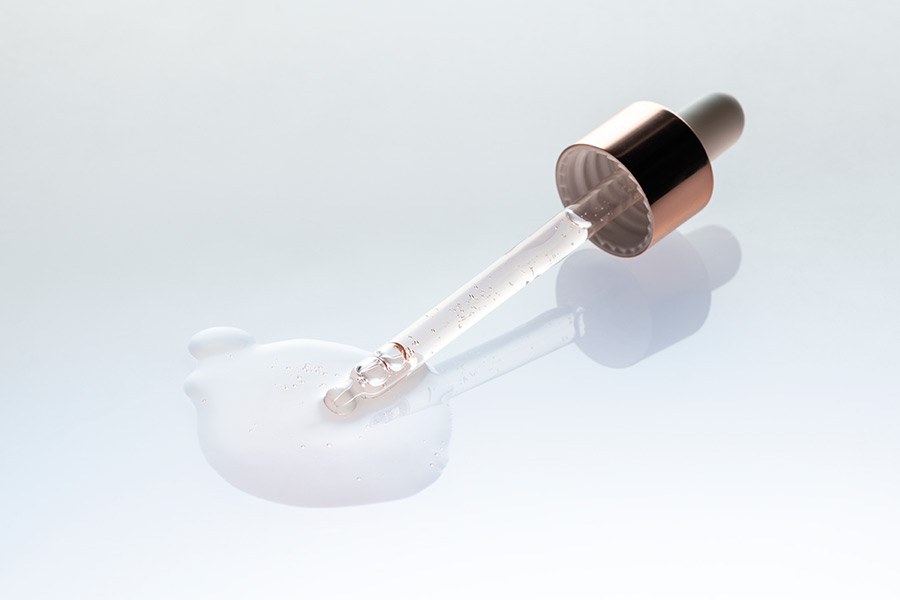Dr Alek Nikolic has a closer look at which is the best moisturiser and how do we choose from all the different options out there.
One of the commonest questions we get asked through our Face2Face Skin Assessment and through our customer skin care hot line is how do I choose a moisturiser and which is the best moisturiser to use.
Very simply the best moisturiser is dependent on a number of factors:
- Budget
- Ingredients
- Skin type and skin concern
- Age
“All the above factors need to be taken into consideration before we can decide on the best moisturiser for our specific skins and needs.”
Best Moisturiser: How To Choose?
Budget:
I am a firm believer that this needs to be taken into consideration before deciding on purchasing a moisturiser. Price is not a determinant of how effective a moisturiser will be. SKINMILES has a great online filter system where you can choose a specific price range, and this is the easiest way in choosing a moisturiser to fit your budget.
Ingredients:
Ingredients to look out for are divided into two broad groups: Emollients and Skin-Replacing Ingredients or Humectants.
Emollients have the ability to prevent skin water loss and they also provide a luxurious softening effect to the skin.
“Emollients can have a thick or a thin consistency so do not judge how well a moisturiser will work simply on its consistency.”
Examples include: non-fragrant plant oils along with shea butter, cocoa butter, fatty acids, borage oil, linoleic acid, oleic acid, coconut oil, evening primrose oil, sunflower oil, and mango butter.
Skin-Replacing Ingredients help to repair and replace much needed moisturisation to our skins. Furthermore, they have the ability to increase the water holding capacity of the stratum corneum.
“The stratum corneum is the surface horny layer consisting of stacks of dead cells without nuclei.”
Examples include: hyaluronic acid, ceramides, sodium PCA, glycerine, glycerol, silicones, petrolatum, salicylic acid, and alpha hydroxy acids.
Skin Type and Skin Concern:
Skin type plays a key role in choosing the best moisturiser. Manufacturers today make specific moisturisers to suite certain skin types. It makes sense that someone who suffers from oily and/or acne prone skin should not use an oil based topical product as this will aggravate the oil production and increase acne breakouts. It is vital to choose a moisturiser that is specific for our skin types. Your best approach would be to rely on our filter system that will differentiate between moisturisers for dry versus oily skin or to find a regime specific for combination or sensitive skin.
Skin concerns include hyperpigmentation, fine lines and wrinkles, textured skin, mature skin etc. and typically my approach for these is to add specific targeted products that should be added to a basic regime. However, there are moisturisers that can cater for some of these skin concerns. A good example are moisturisers that contain vitamin C which is a great ingredient not only for fine lines and wrinkles but will also help to reduce pigmentation and increase our SPF factor when a sunscreen is applied.
Age:
Age does play a role when choosing a moisturiser or even when choosing an entire skin regime. As we get older, so our skins change and with this its requirements.
One of the most significant changes as we get older is that our skins become thinner, the skin barrier needs more repair, and our skins become dryer. As we reach our fifties (and beyond) hyaluronic acid (HA) production in our skin starts to diminish while our breakdown enzyme (hyaluronidase) activity increases which dramatically reduces the HA levels in our skins. HA is an amazing molecule that has the ability to hold large quantities of water molecules and is found in almost all living organisms. Furthermore, HA has been shown to help repair and replenish the skin barrier and if coupled with ceramides an added skin barrier benefit is achieved.
Using AHA (Alphahydroxy Acid) and PHA (Polyhydroxy Acid) in our moisturisers help to stimulate GAG’s (glucose amino glycans) that are vital for increasing HA production. Adding HA serums that boost the available concentration in our skins will have further plumping and hydrating effects for all skin types.
Following from the above a number of considerations need to be taken before deciding on the best moisturiser that we should be using for our skins.
I hope you have found the above article helpful when choosing the best moisturiser for you and your skin.
Kind regards
Dr Alek Nikolic

